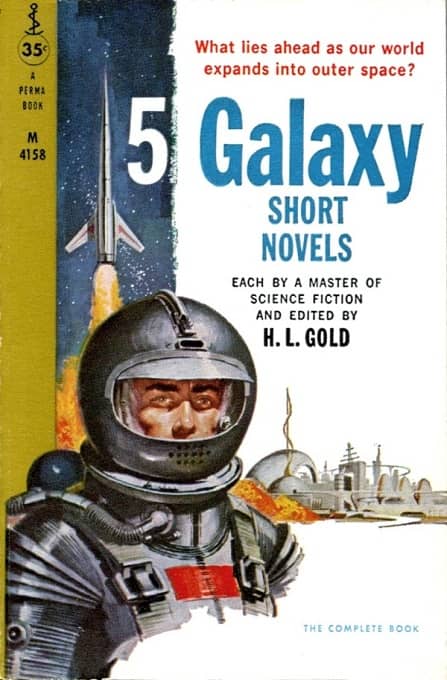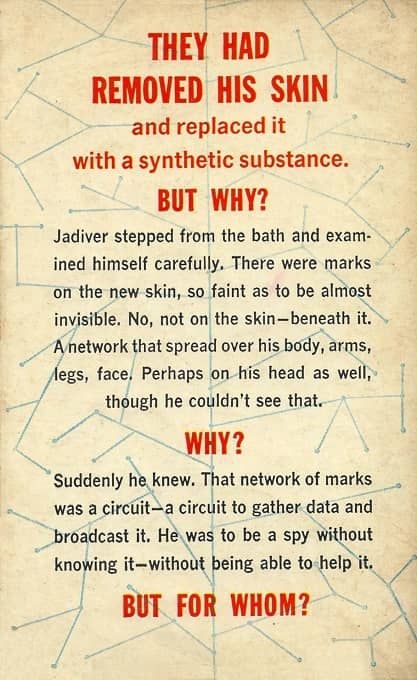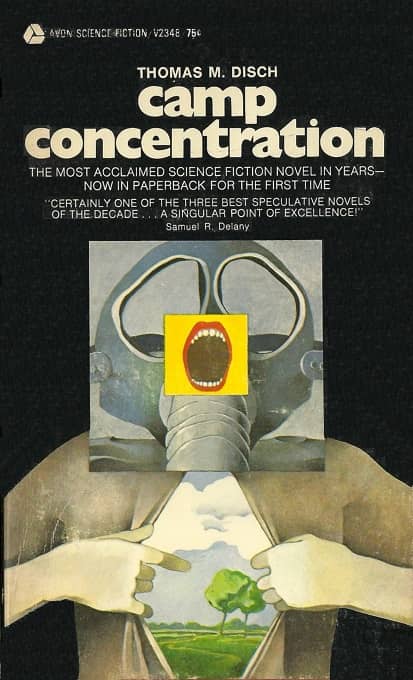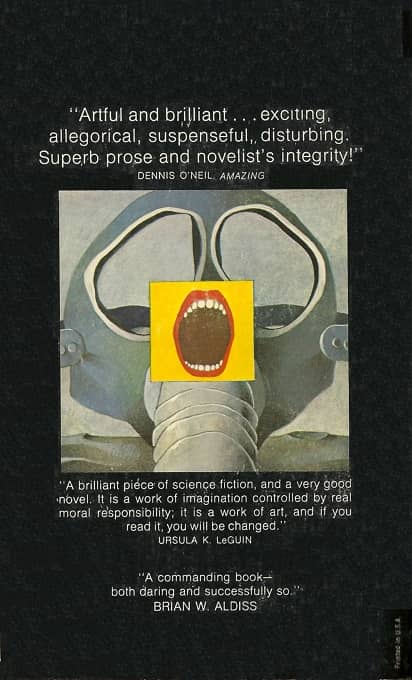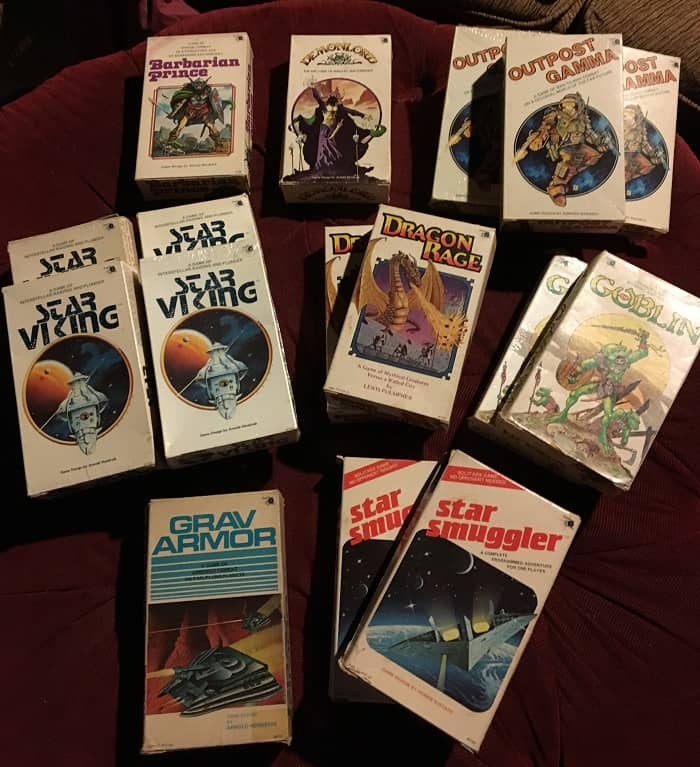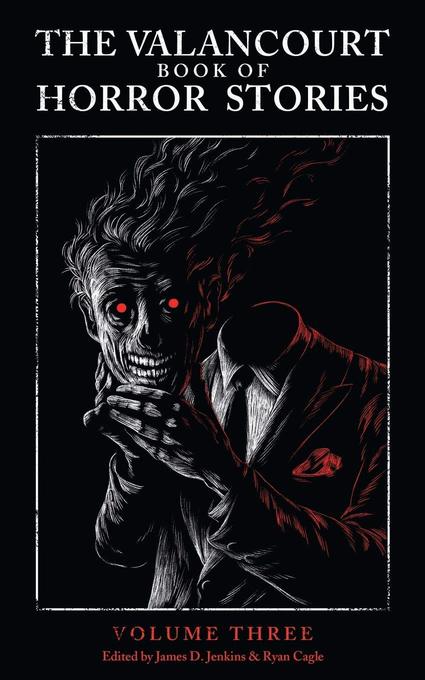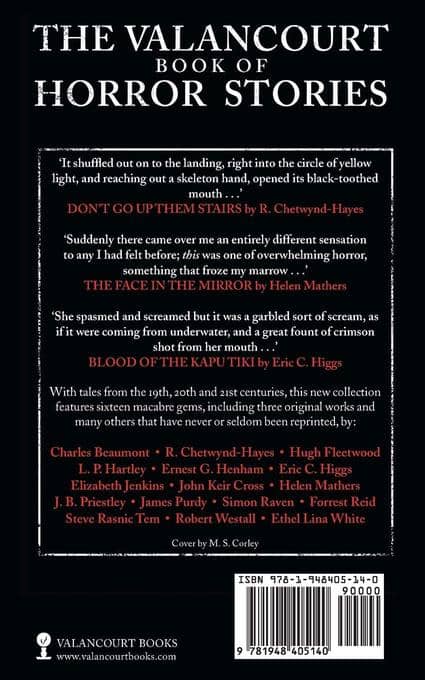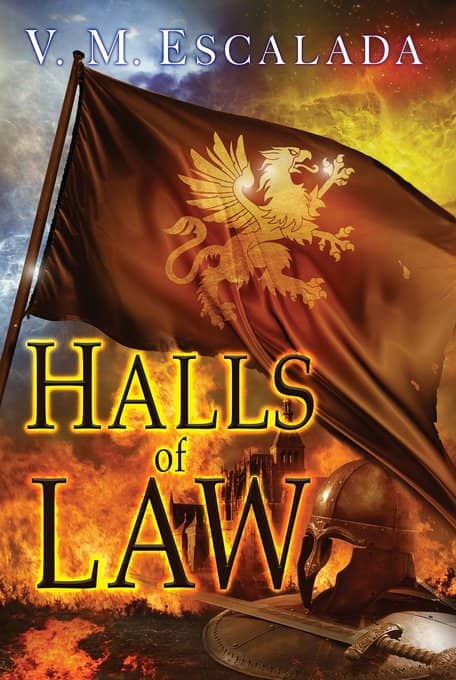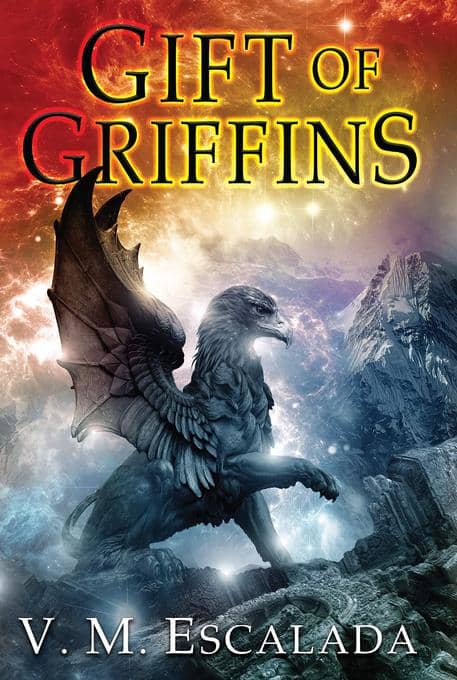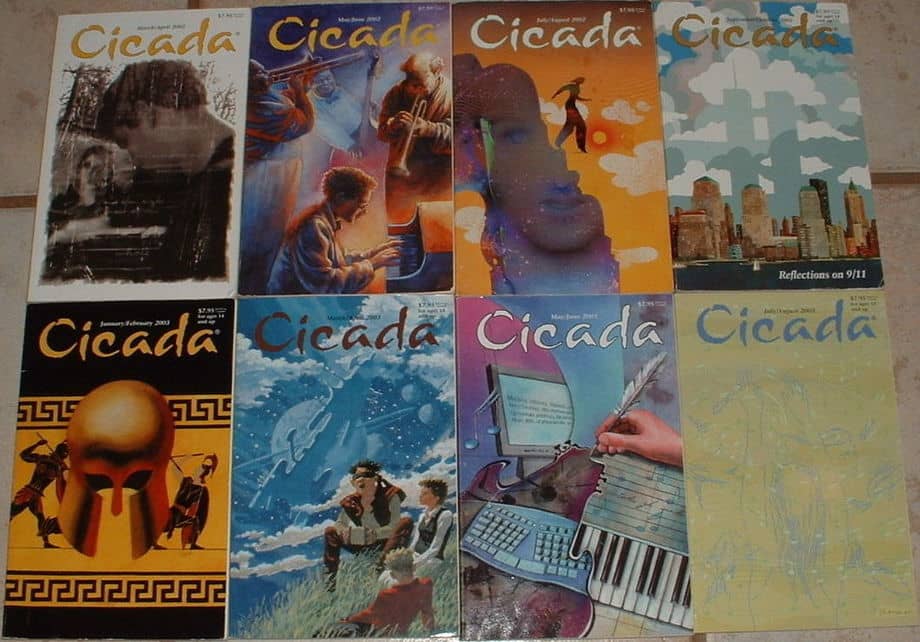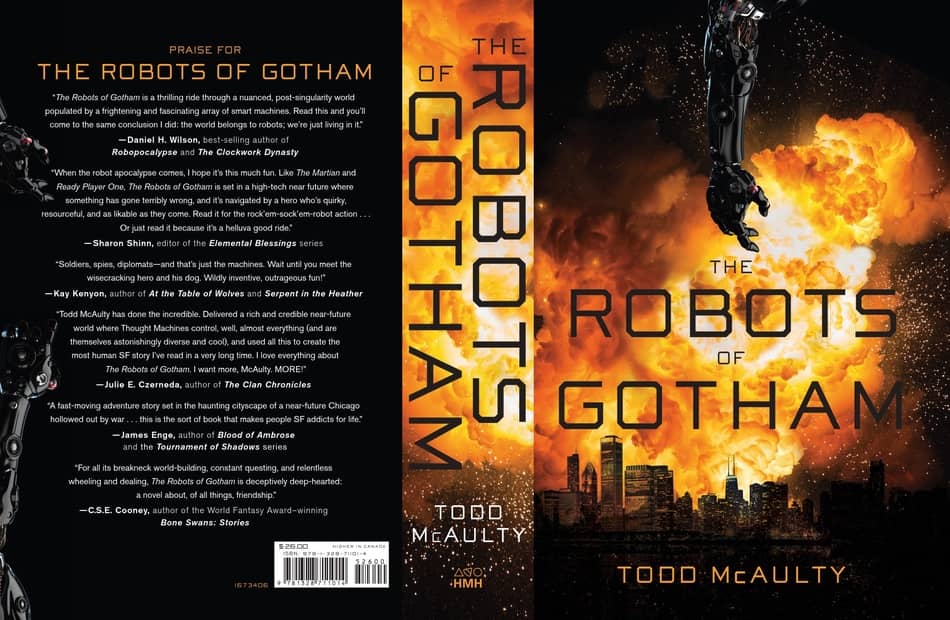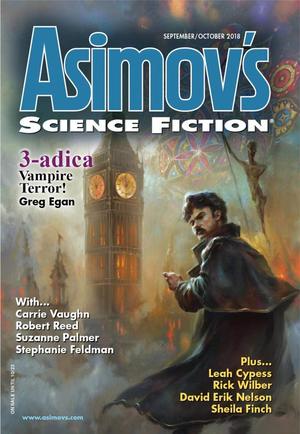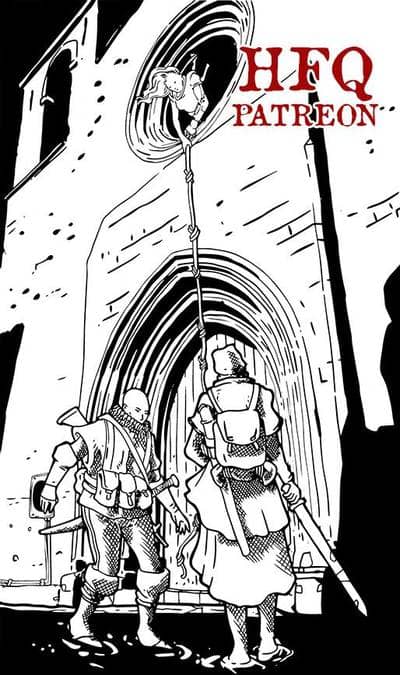The Barnes & Noble Sci-Fi & Fantasy Blog on the Best Science Fiction & Fantasy of September 2018
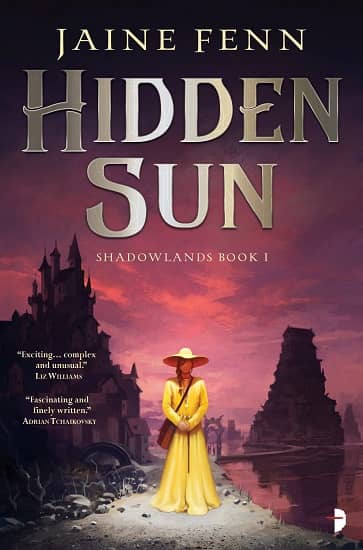 |
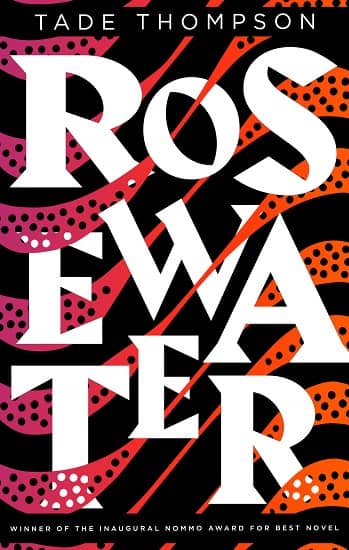 |
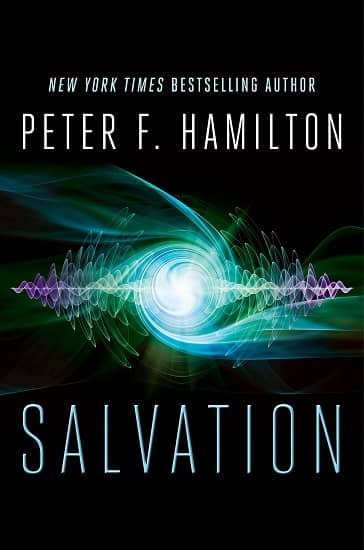 |
Geez, it’s the last day of the month already. I’m used to failing at my ambitious monthly reading plans, but at least I usually try. This month has been so busy that I haven’t even been able to keep track of all the great books I missed, much less crack any of them open.
September still has a few hours left, and I’m going to use that time to educate myself. And the best resource for that are book blogs like The Verge, Unbound Worlds, Kirkus Reviews, and especially the excellent Barnes & Noble Sci-Fi & Fantasy Blog, which has gradually become my go-to source for the best new releases. This month Jeff Somers does his usual top-notch job, pointing me to 26 tantalizing titles I might have otherwise overlooked. Here’s the best of them.
The Hidden Sun by Jaine Fenn (Angry Robot, 448 pages, $12.99 trade paperback/$8.99 digital, September 4)
Fenn is as known for her short fiction as she is for her Hidden Empire novel series — and for her tendency to take stories in unexpected directions, whether on the micro-scale in short stories or the macro-scale of novels. [In] Hidden Sun Fenn kicks off an all new series set in a universe of shadowlands and bright alien skylands. Rhia Harlyn is a well-born woman in the shadowland Shen, struggling against old-fashioned sexism as she pursues scientific knowledge. She gets a tragic opportunity to use his skill for research and discovery after her brother vanishes. She sets off to the skylands to seek the truth behind his disappearance and finds herself caught between a rebel and a cult leader on an alluring, dangerous world.
Jaine Fenn won the British Science Fiction for her short fiction. She’s the author of the 5-volume Hidden Empire series, published in the UK by Gollancz, which does not yet have a US publisher. The Hidden Sun is the first volume of a 2-part series titled Shadowlands; the sequel, Broken Shadow, will be released on April 4. This is her first US release; if it does well, I hope that means we get to see a lot more of her.
